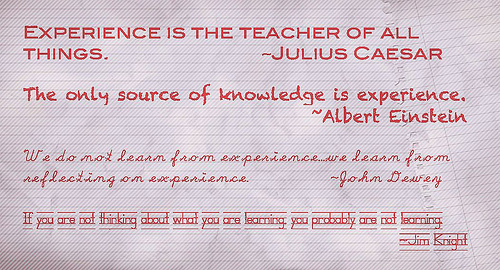For Part 1
For Part 2
Using the guiding questions from our TAI Booklet this is how my inquiry progressed…
1. How am I infusing my ideas into my classroom practice?
Mainly through discussion and through consistency. I have been reading around the importance of Do Nows and making sure that I stick to the routine. By having the routine in place it gives me more time to float around the class and see students who aren’t doing too well. It also gives me an indication on who is taking this seriously. I can see students how haven’t written anything and those who have completed and moved onto the next task.
2. What am I learning from monitoring student outcomes?
I am learning that there are some students who struggle with simple concepts and this has allowed me to narrow my classroom teaching focus. A great example was when students struggled with apostrophes with regard to one of the Do Nows and that gave me the opportunity to have a lesson that focused on that.
I am also able to see how students are challenging themselves with their vocab – even when they are using the words in the wrong context it is great to see them expanding their vocabulary.
3. What are the next steps I need to take? (Research, resources, activities)
My current next steps involved re-testing with regard to the writing test at the start of the year.
I also want to do some more research about how focusing on vocabulary and reading can improve students writing. I want to also bring in the writing frame in order to strengthen their writing further.
Read More


